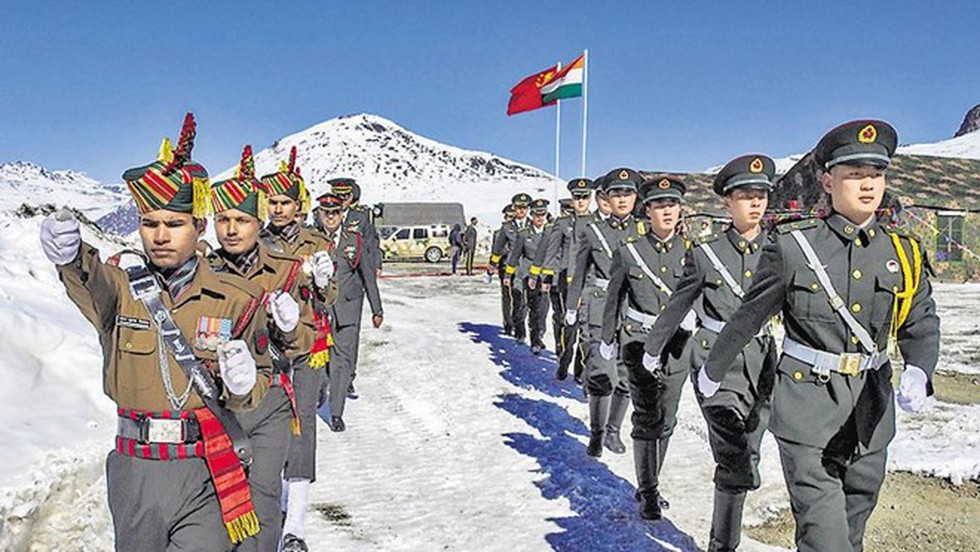About McMahon Line:
- It is a geographical border between Northeast India and Tibet.
- It is the boundary between China and India, although its legal status is disputed by the Chinese
- It was negotiated between Tibet and Great Britain at the end of the Shimla Conference in 1914.
- It is named after Henry McMahon, who was the foreign secretary of British India and the chief negotiator of the convention at Simla.
- The length of this boundary is 890 kilometers.
- It runs from the eastern border of Bhutanalong the crest of the Himalayas until it reaches the great bend in the Brahmaputra River, where that river emerges from its Tibetan course into the Assam Valley.
- Though India considers the McMahon Line as the legal national border, China rejects it, contending that Tibet was not a sovereign state and therefore did not have the power to conclude treaties.
What is The Shimla Treaty of 1914?
- It was signed in 1914 by delegates from India and Tibetto establish a clear demarcation between the two countries.
- China was not present in this treaty since Tibet was an autonomous region at the time.
- According to the treaty the McMahon Line is the clear boundary line between India and China.
- The British rulers, on behalf of India, considered Tawang in Arunachal Pradesh and the southern portion of Tibet to be part of India, which the Tibetans consented to.
- As a result, Arunachal Pradesh's Tawang region became a part of India.
What is LAC?
- LAC is a demarcation line that separates Indian-controlled territory from Chinese-controlled territory.
- India considers the LAC to be 3,488 km long, while the Chinese consider it to be only around 2,000 km.
- It is currently the de-facto border between the two countries.
- The Line of Actual Control (LAC), is divided into three sectors:
- Western (Ladakh, Kashmir),
- Middle (Uttarakhand, Himachal) and
- Eastern (Sikkim, Arunachal): Here, the alignment of the LAC is along the McMahon Line.
